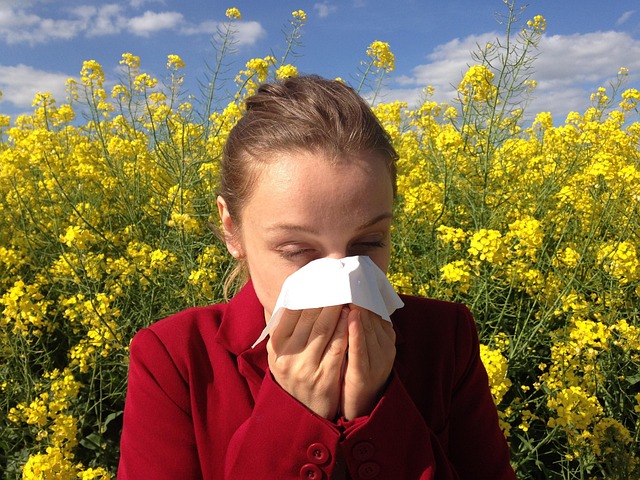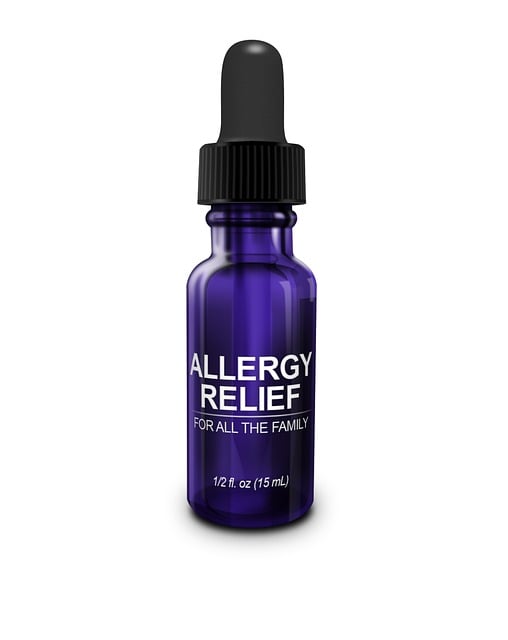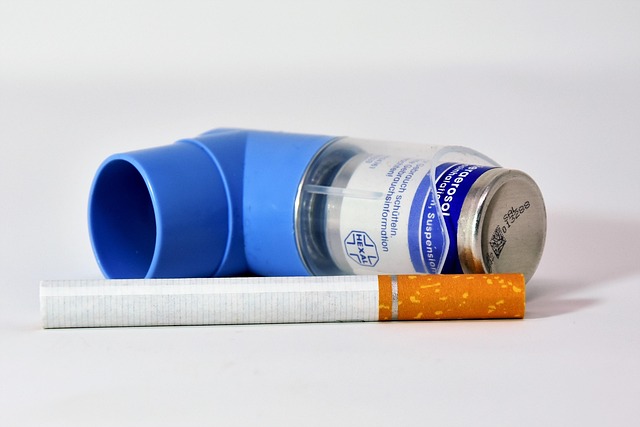This text highlights the diverse and often subtle symptoms of mold exposure, including respiratory problems like coughing, sinus infections, skin irritations, eye discomfort, headaches, fatigue, and cognitive issues. Severe cases can mimic flu-like symptoms without a clear viral or bacterial cause, indicating toxic mold sickness. Recognizing these mold allergy risks and mold-related respiratory issues is crucial, especially for those with pre-existing conditions or compromised immune systems, as prompt medical attention can prevent complications. The health effects of mold range from mild to severe, including mycotoxicosis (mold poisoning) which can cause neurological disorders. Early detection through symptoms like persistent coughing, wheezing, and nasal congestion is key to preventing long-term damage from toxic mold sickness.
Are you struggling with persistent health issues that seem unrelated? You may be suffering from what’s known as ‘mold sickness’. This condition arises from prolonged exposure to toxic mold, which can cause a range of symptoms affecting not just your lungs but your entire body. From respiratory problems and allergies to fatigue and cognitive issues, recognizing the signs of mold exposure is crucial for your well-being. This guide explores the various ways mold can impact your health and when it’s time to see a doctor for a proper diagnosis.
- Recognizing Mold Exposure Symptoms: Common Indicators Your Body Is Affected
- Understanding Mold Allergy Risks: How Allergies Can Impact Your Health
- Exploring the Health Effects of Mold: Beyond Respiratory Issues
- Detecting Mold-Related Respiratory Issues: When Breathing Problems Arise
- Recognizing Signs of Mold Poisoning: Protecting Your Well-Being
Recognizing Mold Exposure Symptoms: Common Indicators Your Body Is Affected

Recognizing Mold Exposure Symptoms: Common Indicators Your Body Is Affected
Exposure to mold can lead to a range of health issues, from mild discomfort to severe, life-threatening conditions. The symptoms of mold exposure vary based on the type and amount of mold present, as well as an individual’s sensitivity. Common indicators that your body is experiencing mold allergy risks include respiratory problems like coughing, wheezing, shortness of breath, or chronic sinus infections. These issues can escalate into more severe mold-related respiratory issues, such as asthma attacks or chronic bronchitis.
Other health effects of mold exposure include skin irritations, eye and nose discomfort, headaches, fatigue, and even cognitive issues. In cases of severe toxic mold sickness, symptoms may mimic those of flu or other infections, but without a clear viral or bacterial cause. It’s important to remember that not everyone experiences the same symptoms, and some people may be more susceptible to the health effects of mold due to pre-existing conditions or compromised immune systems. If you suspect any mold poisoning signs, it is crucial to seek medical attention promptly to prevent further complications.
Understanding Mold Allergy Risks: How Allergies Can Impact Your Health

Understanding Mold Allergy Risks: How Allergies Can Impact Your Health
Exposure to mold can lead to a range of health issues, especially for individuals with existing allergies or compromised immune systems. Mold allergy risks are significant as mold spores can trigger allergic reactions and exacerbate existing respiratory conditions. The health effects of mold vary from mild to severe; common symptoms include runny nose, sneezing, itchy eyes, and nasal congestion, similar to those experienced during a typical allergy attack. However, for individuals with mold-related respiratory issues, such as asthma or chronic obstructive pulmonary disease (COPD), prolonged exposure can lead to more serious complications.
Additionally, it’s important to be aware of the signs of mold poisoning, also known as toxic mold sickness. This condition occurs when someone inhales or comes into contact with mold that produces mycotoxins, potentially causing a range of symptoms including coughing, wheezing, fatigue, headaches, and even neurological issues in severe cases. If you suspect any mold exposure symptoms or experience persistent health problems that could be linked to your living environment, it’s crucial to consult a healthcare professional for proper evaluation and guidance on how to manage potential toxic mold sickness.
Exploring the Health Effects of Mold: Beyond Respiratory Issues

Mold is more than just an unsightly problem in your home or workplace; it can pose significant health risks if left unchecked. While respiratory issues are a well-documented consequence of mold exposure, the potential effects extend far beyond the lungs. Individuals with pre-existing conditions such as asthma, allergies, or compromised immune systems are particularly susceptible to these hidden dangers.
The symptoms of mold exposure can manifest in various ways, from skin irritations and rashes to more severe issues like mold poisoning (mycotoxicosis). This condition arises from the toxic compounds produced by certain types of mold, leading to a range of health problems including headaches, fatigue, cognitive difficulties, and even neurological disorders. Recognizing these non-respiratory symptoms is crucial for prompt action, as early detection can prevent long-term complications and promote effective treatment options.
Detecting Mold-Related Respiratory Issues: When Breathing Problems Arise

Detecting Mold-Related Respiratory Issues: When Breathing Problems Arise
If you suspect that your breathing issues might be linked to mold exposure, it’s crucial to pay attention to persistent or worsening symptoms. Common mold exposure symptoms include coughing, wheezing, shortness of breath, and chronic sinus congestion. Individuals with a history of allergies or asthma are especially susceptible to the health effects of mold, as they may experience heightened sensitivity and more severe reactions. The timing of these symptoms is important; if they worsen or persist during or after spending time in specific locations, such as a damp home or workplace, it could indicate a mold-related respiratory issue.
Recognizing the signs of toxic mold sickness is essential. This can manifest as acute or chronic health problems, including headaches, fatigue, skin rashes, and even cognitive issues. In severe cases, prolonged exposure to moldy environments may lead to mold poisoning, with symptoms ranging from nausea and vomiting to more serious systemic effects. If you experience any of these mold allergy risks or health effects of mold, consulting a healthcare professional is recommended. They can help diagnose mold-related respiratory issues and guide you on appropriate treatment and remediation steps to mitigate further exposure and its associated risks.
Recognizing Signs of Mold Poisoning: Protecting Your Well-Being

Recognizing Signs of Mold Poisoning: Protecting Your Well-Being
Exposure to mold can be a significant health concern, especially for individuals with pre-existing respiratory conditions or weakened immune systems. Understanding the symptoms of mold poisoning is crucial in safeguarding your well-being. Common mold exposure symptoms include coughing, wheezing, difficulty breathing, and nasal congestion. Those with mold allergy risks may experience runny noses, itchy eyes, and skin rashes. The health effects of mold can range from mild irritation to severe, life-threatening conditions, particularly in the case of toxic mold sickness.
Pay close attention to any persistent respiratory issues or unusual symptoms that could be indicative of mold-related problems. Mold related respiratory issues may present as chronic sinus infections, asthma flare-ups, or exacerbation of existing lung diseases. If you suspect mold as the culprit, it’s essential to seek medical advice promptly. Early detection and proper treatment can significantly reduce potential long-term consequences of prolonged exposure to harmful molds.
